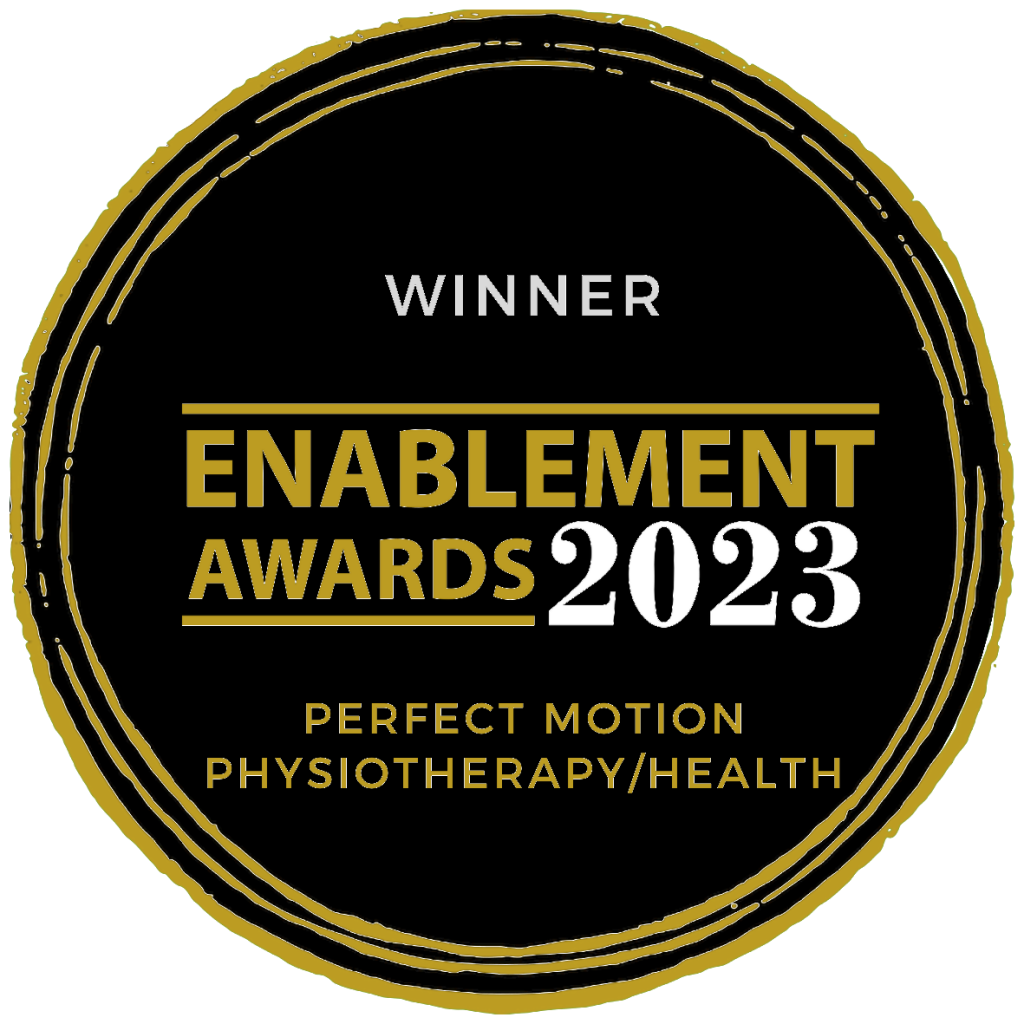Whether you’re preparing for a joint replacement or recovering from a tendon repair, having a personalised post-surgical physiotherapy plan can make a significant difference in your recovery. At Perfect Motion Physiotherapy in Adelaide, we help you regain movement, reduce pain, and restore strength after surgery—safely and effectively.
With expert support from our experienced physiotherapists, you’ll feel more confident and prepared as you work toward getting back to the activities that matter most to you.
Why Do I Need Surgery?
Surgery is often recommended when non-invasive treatments haven’t delivered the desired results. It can help correct injuries or health conditions that limit your mobility or quality of life. Common surgeries we support recovery from include:
- Total or partial hip and knee replacements
- Rotator cuff repairs
- ACL, MCL, or meniscus reconstruction
- Spinal surgery
- Cardiac procedures such as pacemaker or stent insertion
- Orthopaedic trauma repair
Surgery, even when successful, places significant demands on your body. It can lead to stiffness, pain, inflammation, and temporary movement restrictions. Post-operative physiotherapy is vital to help manage these effects and guide your body through recovery—safely and efficiently.
How Post-Surgical Physiotherapy Helps
Post-surgical rehab is about more than just “getting moving.” It’s about guided, progressive movement that supports healing, prevents complications, and restores your independence.
At Perfect Motion Physiotherapy, your treatment plan will be tailored to your specific procedure, goals, and any guidelines provided by your surgeon. These may include restrictions around weight bearing, joint positioning (e.g. hip, knee, shoulder), or spinal movement.
Benefits of post-surgical physiotherapy include:
- Faster recovery and reduced downtime
- Pain reduction without relying on medications
- Improved range of motion and mobility
- Muscle reactivation and strength rebuilding
- Prevention of complications like blood clots, infections, and stiffness
- Safe return to daily activities like dressing, stairs, driving, and work
- Education on long-term joint and spine protection
Why Early Physiotherapy Matters
Delaying rehabilitation after surgery can lead to longer recovery times, muscle deconditioning, and poor movement habits. Early intervention by a qualified physiotherapist ensures you recover the right way—with proper guidance and pacing.
It also reduces reliance on medications. Physiotherapy is widely recommended as a safer alternative to opioids for managing pain post-surgery. The CDC now advises physiotherapy as a first-line approach for many conditions due to its effectiveness and safety.
What to Expect in Your Post-Surgical Rehab Plan
At Perfect Motion Physiotherapy, our Adelaide-based physiotherapists take a comprehensive, whole-person approach. Your recovery plan may include:
- Postural and movement assessment
- Hands-on manual therapy to restore joint motion
- Scar and soft tissue management
- Strength and neuromuscular retraining
- Stretching and mobility exercises
- Functional task retraining (e.g. stairs, transfers, dressing)
- Home exercise programs and adaptive equipment advice
- Education on safe pacing and lifestyle changes for long-term results
We’ll also help you learn how to protect your surgical site while rebuilding confidence in your movement.
Start Strong—Recover Even Stronger
The days and weeks after surgery are critical to your long-term results. With the right physiotherapy plan in place, you’ll recover faster, with fewer complications and better function.
At Perfect Motion Physiotherapy in Adelaide, we’re committed to helping you feel supported, motivated, and empowered at every stage of your recovery. Whether you’ve just had surgery or are planning ahead, we’re here to help you move forward with clarity and confidence.
Book your appointment today and take the first step toward a full and active recovery.
Disclaimer:
The information provided on this page is intended for general educational and informational purposes only and is not a substitute for professional medical advice, diagnosis, or treatment. Always seek the guidance of a qualified health professional with any questions you may have regarding a medical condition or treatment.

